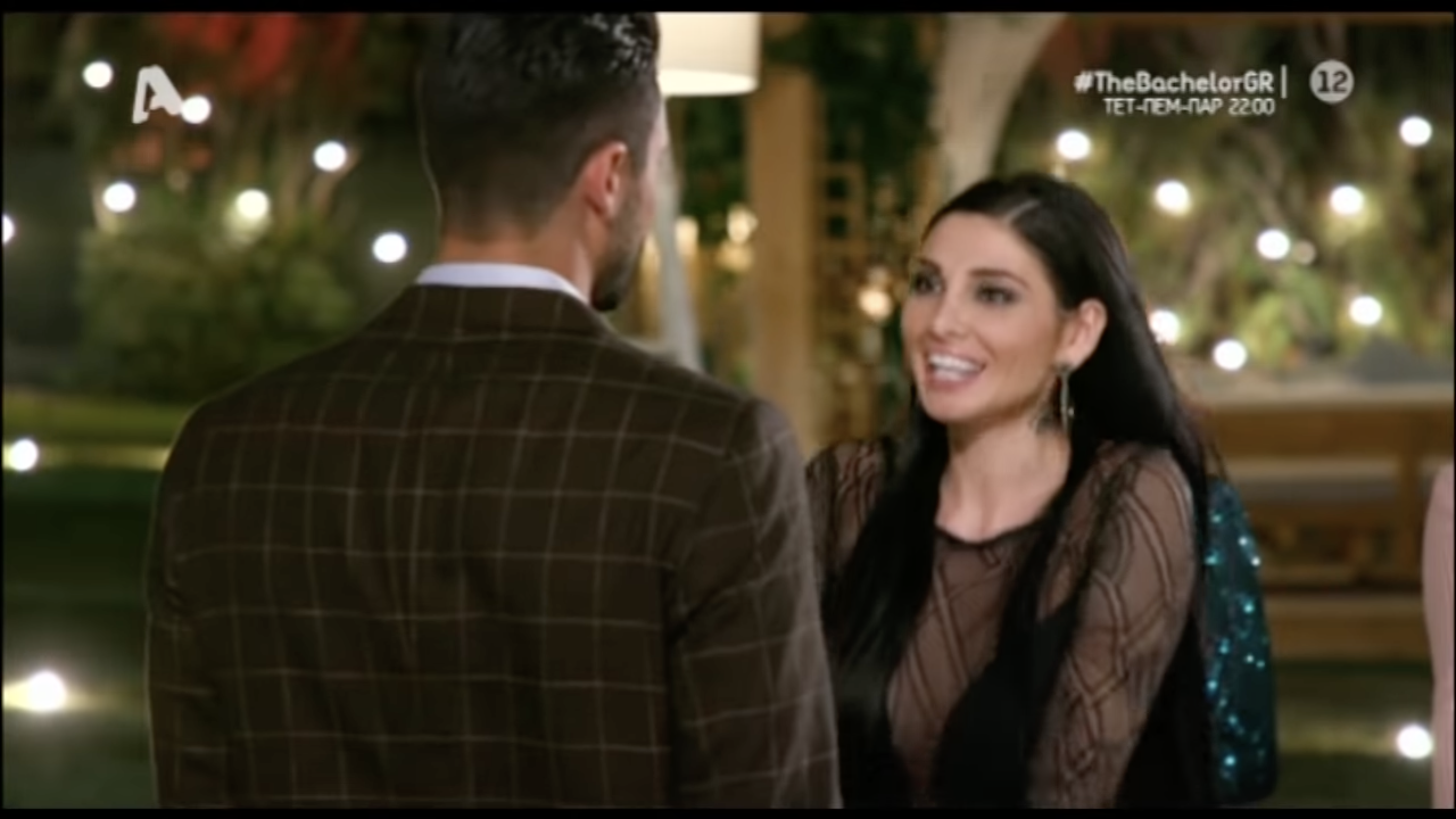(Guilty) Viewing Pleasures and Reality TV: Queer Viewers Decoding the Greek Version of The Bachelor
Main Article Content
Abstract
Despite their relatively long and successful presence in the history of Greek private television, reality shows have generally been cast in a negative light. Due to its concentration on superficial topics pertaining to the private sphere, the genre has been criticised as “bad,” while its viewers are often imagined as being at the bottom of a moral hierarchy. Drawing on the queer research tradition’s interest in audience studies and building on the idea of friendship as a generative site of inquiry, this article analyses how five queer viewers make sense of the Greek version of the popular reality show, The Bachelor (ALPHA, 2020-2021). By initiating a dialogue between Sara Ahmed’s queer phenomenology and queer reception studies, I contest what is considered to be “bad” material on television, not only in terms of its “authenticity,” but also in terms of the emotional and affective responses that it may generate to its viewers. Through notes from the fieldwork and interviews, I explore how overly heteronormative shows that exclude particular groups of people, like The Bachelor, enable viewers to experience guilty pleasures, read the reality show through critical lenses and even resist its content in creative ways. In doing so, I highlight the importance of including “lowbrow” entertainment and embodied approaches in the study of Greek screen cultures, which can not only add significant original thought concerning the reception of everyday media forms by the academic community but can also challenge the unworkable dichotomies between high/low culture and heterosexual/queer, often found in much queer theoretical work.
Article Details

This work is licensed under a Creative Commons Attribution 4.0 International License.
Authors who publish with this journal agree to the following terms:
- Authors retain copyright and grant the journal right of first publication with the work simultaneously licensed under a Creative Commons Attribution License that allows others to share the work with an acknowledgement of the work's authorship and initial publication in this journal.
- Authors are able to enter into separate, additional contractual arrangements for the non-exclusive distribution of the journal's published version of the work (e.g., post it to an institutional repository or publish it in a book), with an acknowledgement of its initial publication in this journal.
- Authors are permitted and encouraged to post their work online (e.g., in institutional repositories or on their website) prior to and during the submission process, as it can lead to productive exchanges, as well as earlier and greater citation of published work (See The Effect of Open Access).

